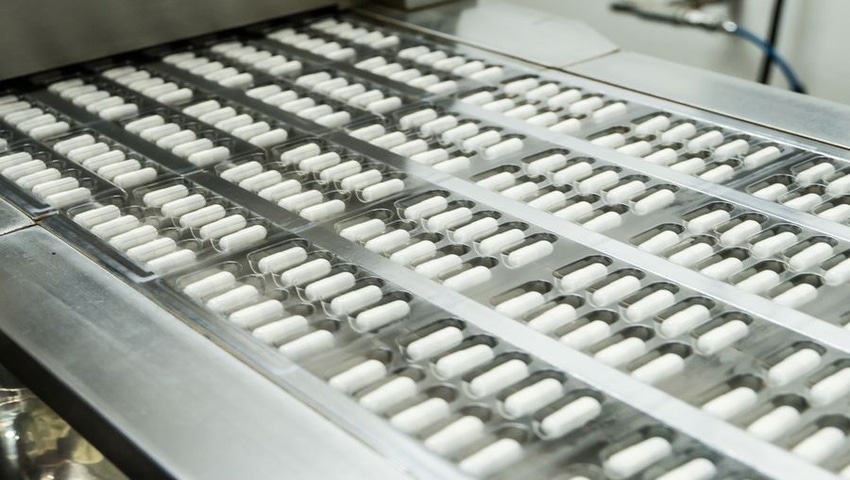The investment in equipment for the production, testing and packaging of natural products—especially dietary supplements—is tremendous; fortunately, many options are available to help companies make the best decisions for their businesses.

The investment in equipment for the production, testing and packaging of natural products, especially dietary supplements, is significant. There is not only the cost of acquiring the machinery, but also operating and maintenance expenses, as well as the cost of training staff. Regulatory factors such as GMPs (good manufacturing practices) and demands for newer DNA testing are forcing many companies to invest in equipment and the expertise to operate it.
Among the considerations for companies looking to buy equipment is whether to purchase new or used. Shiny new machinery comes with warranties and, usually, ongoing support that can include training, resources, troubleshooting and service. However, buying new comes with a higher upfront cost and may challenge budgets, capital and debt management. Used equipment is available, including single or lot items in auctions, whether by asset liquidations and equipment inventory reductions or transitions. Buying used is significantly cheaper in the short term, but the machines often come with no warranties and the potential for earlier and more frequent maintenance costs.
Regulatory requirements, including dietary supplement GMPs, require equipment be adequate for intended use and designed and constructed in a way that allows for the required performance, maintenance and cleaning. Regulatory pressure to increase quality control (QC) of dietary supplements has driven DNA testing into an industry that has seen very little of this technology. Should companies look to meet this higher level of testing—which the industry has argued is not appropriate for all supplement products, including botanical extracts—the cost of equipment, training and resources (e.g., DNA libraries) could be prohibitive and require a further move toward outsourcing testing.
For more on buying equipment, check out the special INSIDER Equipment Digital Magazine.
About the Author(s)
You May Also Like






.png?width=800&auto=webp&quality=80&disable=upscale)